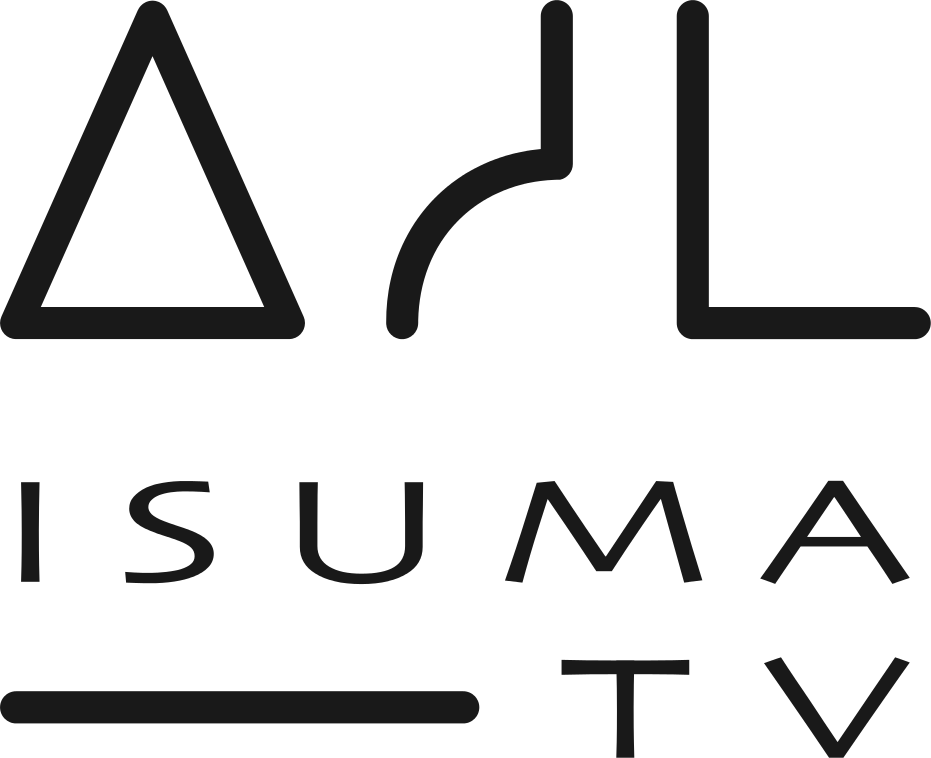
Cairn Wasn’t Prepared for Offshore oil Spill
Cairn wasn’t prepared for offshore oil spill near Greenland: report
"A significant underestimate of the flow rate of oil into the marine environment in a worst-case blowout scenario"
NUNATSIAQ NEWS
The Ocean Rig Corcovado, drilling about 180 kilometres offshore Nuuk, drilled down 4,847 metres in 2011, having encountered “minor hydrocarbon shows.” (FILE PHOTO)
Just how prepared was Cairn Energy PLC was for its drilling for oil offshore western Greenland in 2011?
That’s what Inuit Circumpolar Council-Greenland and Oceans North Canada hoped to learn in a third-party technical review report they recently commissioned.
ICC and Oceans North say their report, released last week, shows there’s a need for stronger independent scrutiny and more public participation in the regulatory process governing offshore drilling.
“Although the technical review showed that indeed some best practices were followed, there are still an overall need for strengthening the procedures and practices,” ICC said in an introduction to the report.
In the spring of 2012, ICC and Oceans North Canada commissioned the independent third-party technical review of Cairn Energy’s 2011 offshore oil exploration drilling program in western Greenland.
In 2011, Cairn completed the second year of its offshore drilling program there.
But by the end of that season, Cairn said it had not found commercial quantities of oil and gas, and that they would do no offshore drilling in Greenland waters in 2012.
ICC-Greenland concluded that this “pause” in exploratory drilling provided a chance to review aspects of the completed project and to look at strengths and weaknesses in the planning and execution of the project.
The resulting report concludes there appeared to be weaknesses in Cairn’s oil spill prevention and contingency plan for 2011, including what seemed to be “a significant underestimate of the flow rate of oil into the marine environment in a worst-case blowout scenario.”
The review by investigator, Susan Harvey, who has more than 25 years experience as a petroleum and environmental engineer, also assessed the drilling project in comparison to other Arctic countries.
“This report demonstrate that there is a pressing need to open the environmental impact assessment process to third parties (citizens and civil society organizations). When it comes to reducing the risk of environmental damage caused by offshore drilling, a more transparent process can only result in stronger protection of our marine environment,” said ICC.
The final report “Project Review: Cairn Energy’s 2011 Offshore Drilling in West Greenland,” now posted online, also provides a detailed account of the information provided to ICC-Greenland by Greenland officials.
“More importantly, the report provides a detailed account of what has not been provided,” ICC said.
That’s because much of the information needed to review the safety of the offshore drilling program was not made available to the reviewer, ICC said.
This lack of information, despite meetings, correspondence and formal requests, frustrated ICC-Greenland’s attempts “to become more informed and to participate in this conversation about the future of renewable and non-renewable natural resources.”
Jens-Erik Kirkegaard Greenland’s minister of natural resources defended Cairn in a recent interview in Greenland’s Sermitsiaq AG newspaper.
“Cairn Energy had a response that was larger than the worst-case scenario they had described. Aircraft and ships were ready to intervene if the worst should happen,” said Kirkegaard.
Although Kirkegaard rejected that part of the criticism, he said welcomed ICC’s initiative to analyze preparedness for an oil spill.
“You can always make things better, and so do we, among other things by working together with associations and organizations and talk about how we can make things better. We are a small people, and we need all the strength to make things even better,” he said.
Kirkegaard also promised to make things more open and have a better dialogue with the public.
To that end, Greenland’s home rule government and ICC have agreed to meet regularly for discussions on environmental issues.
















